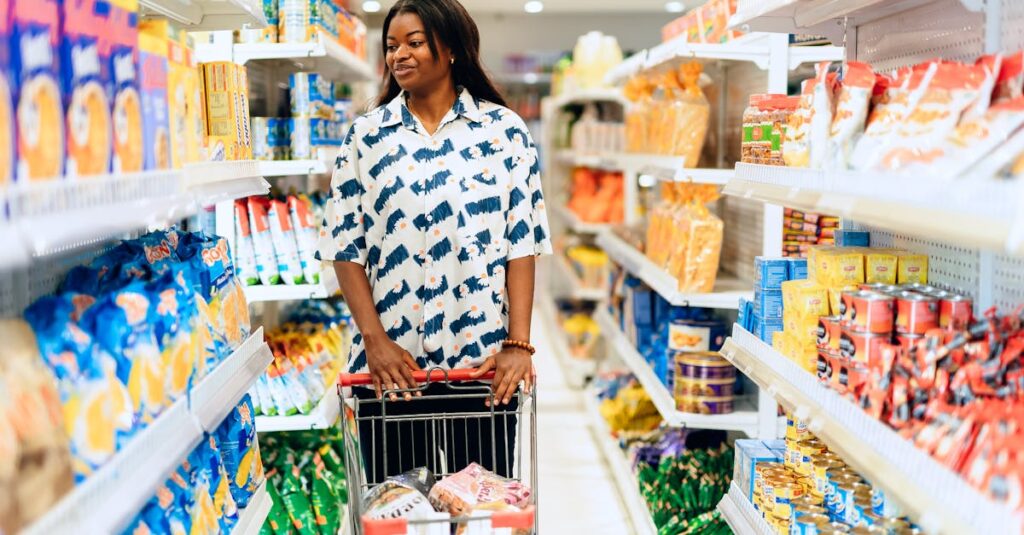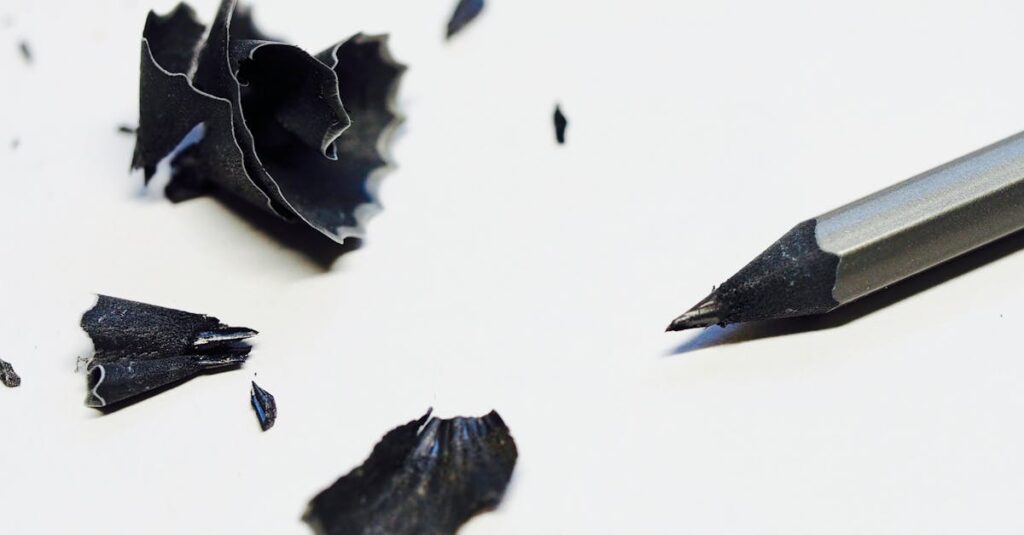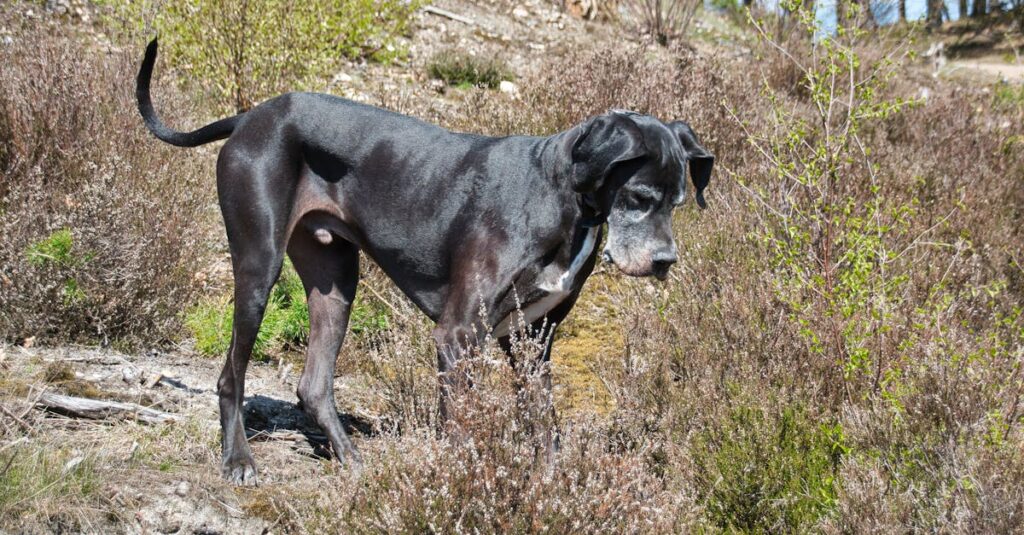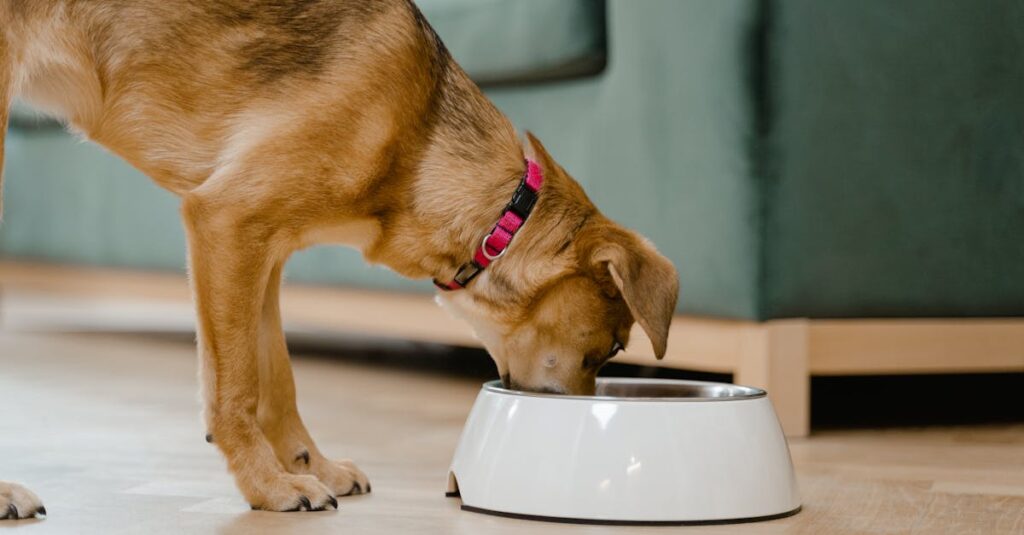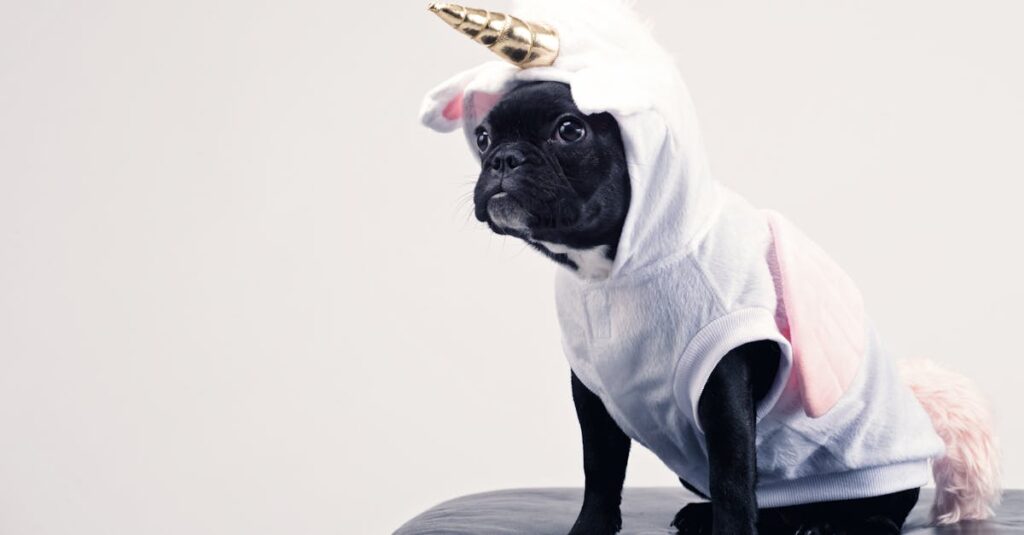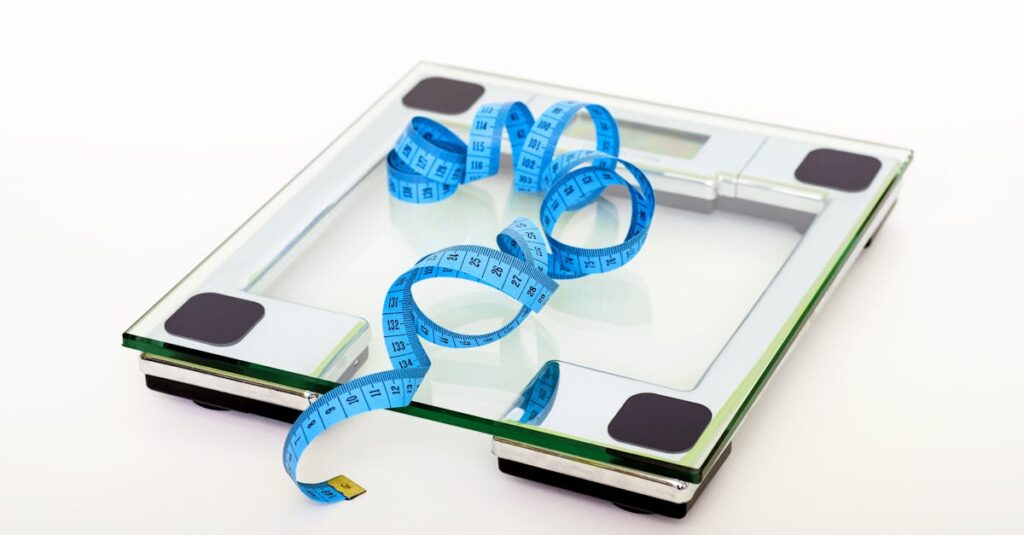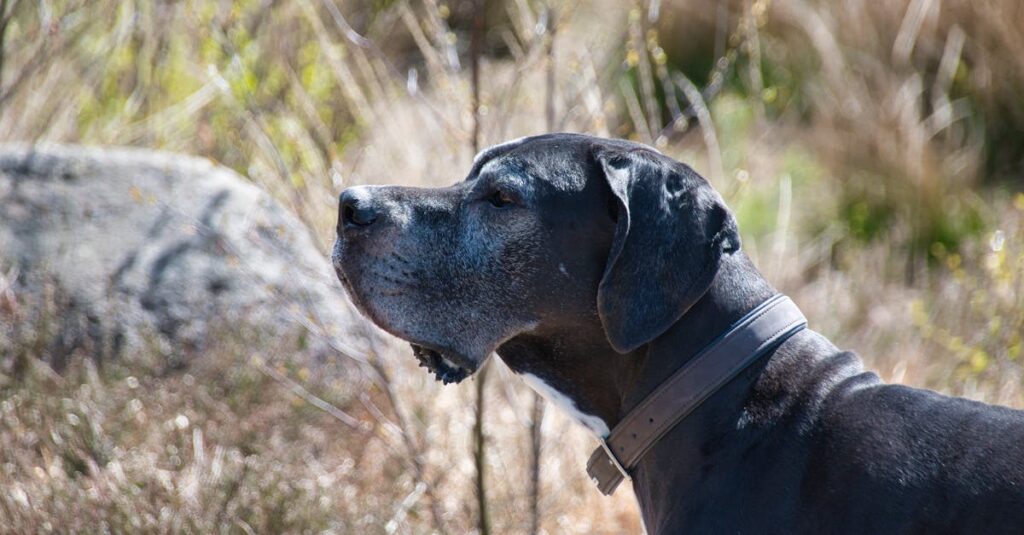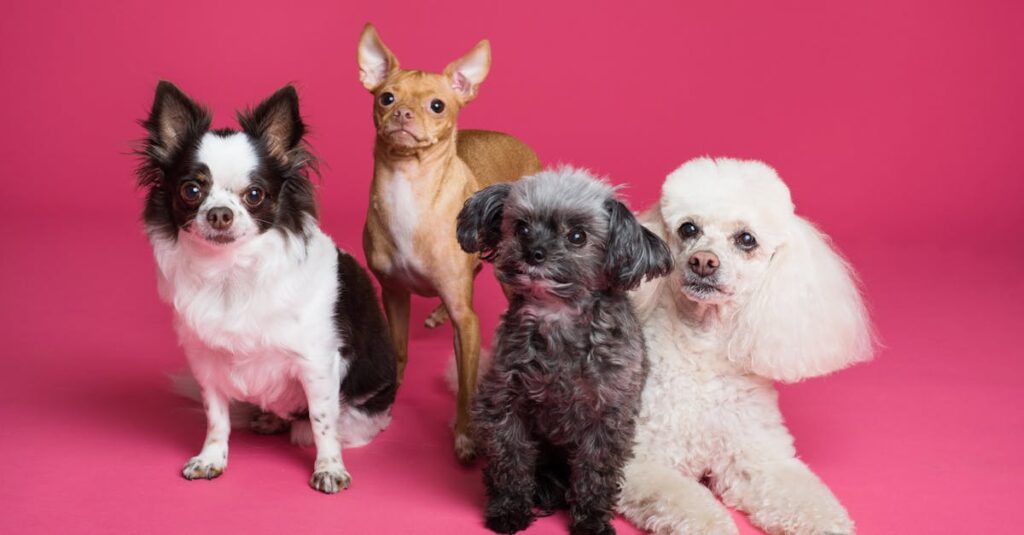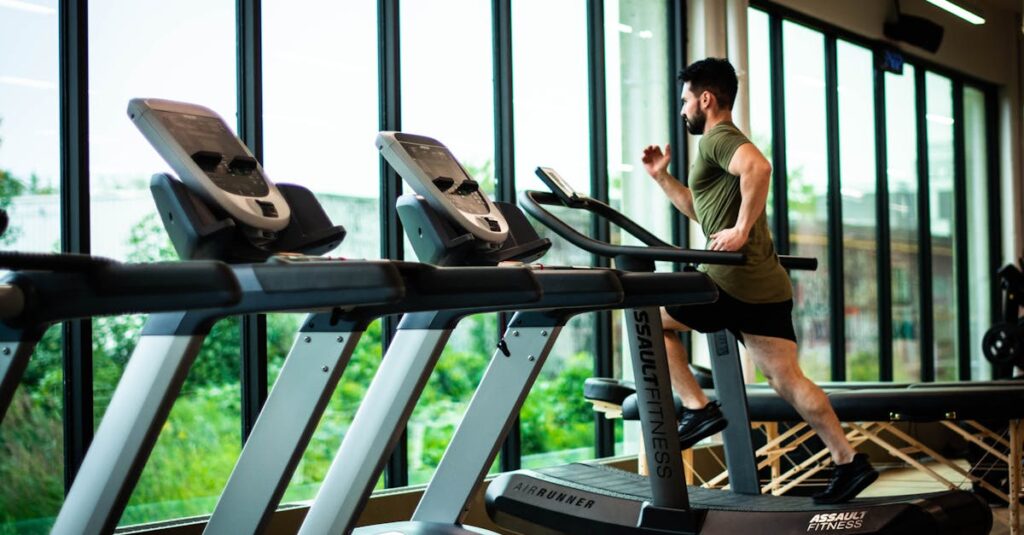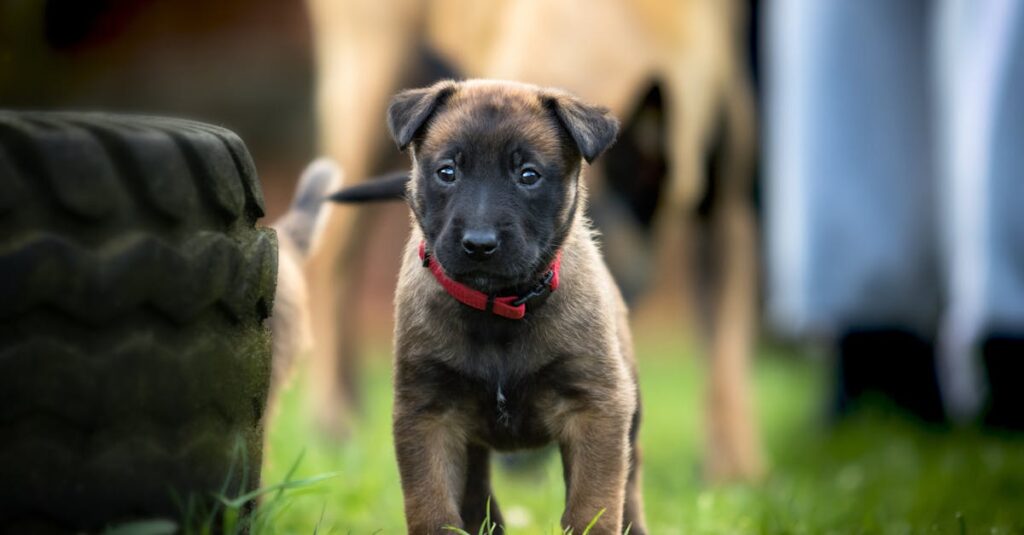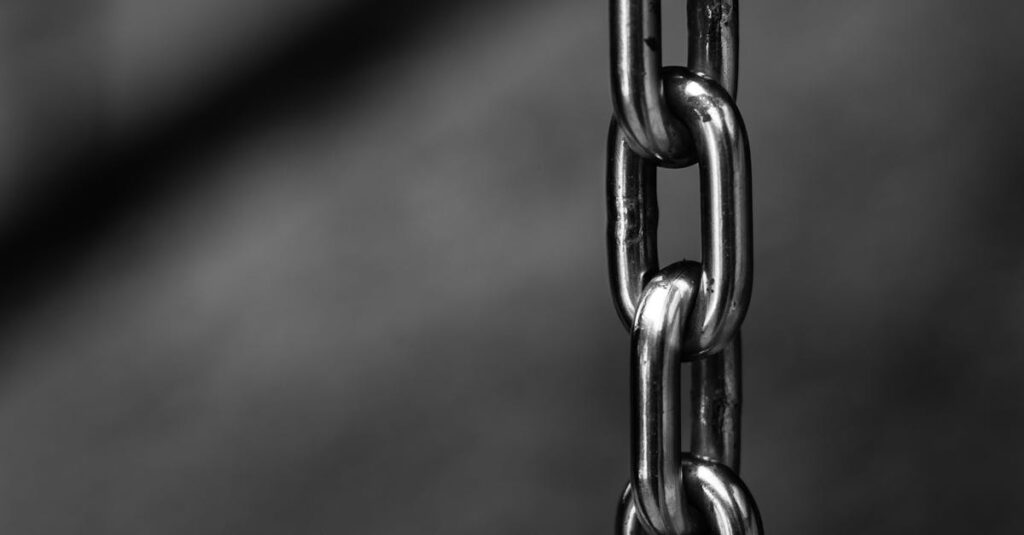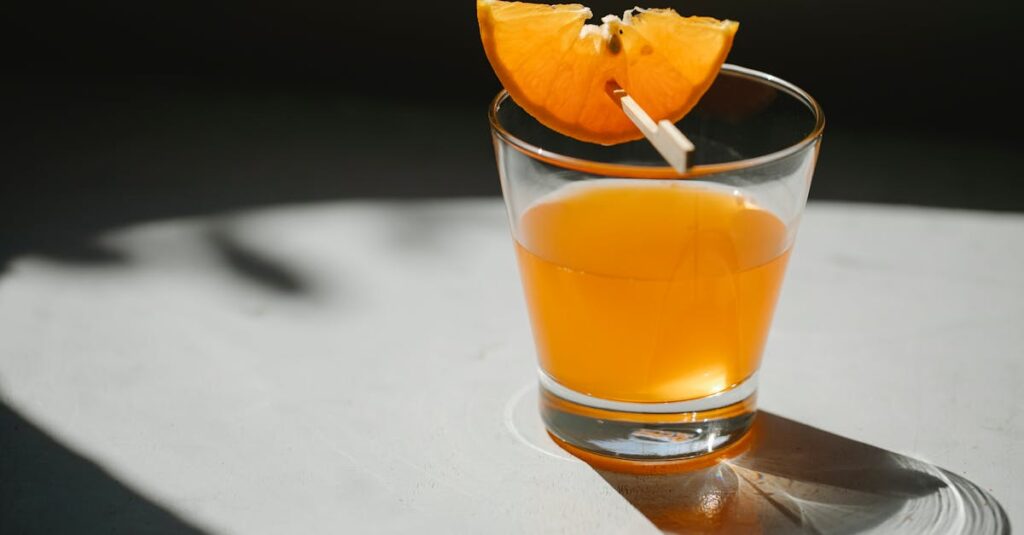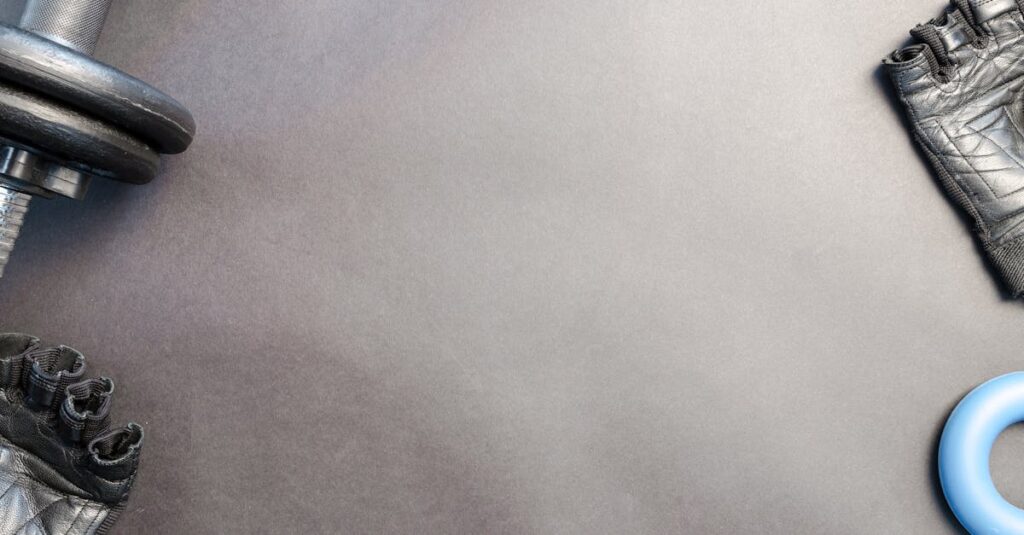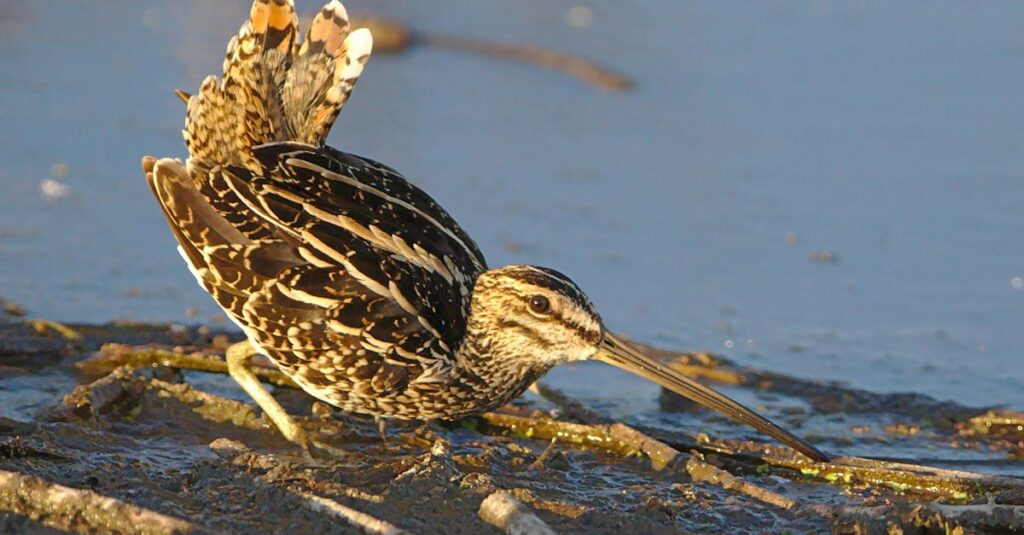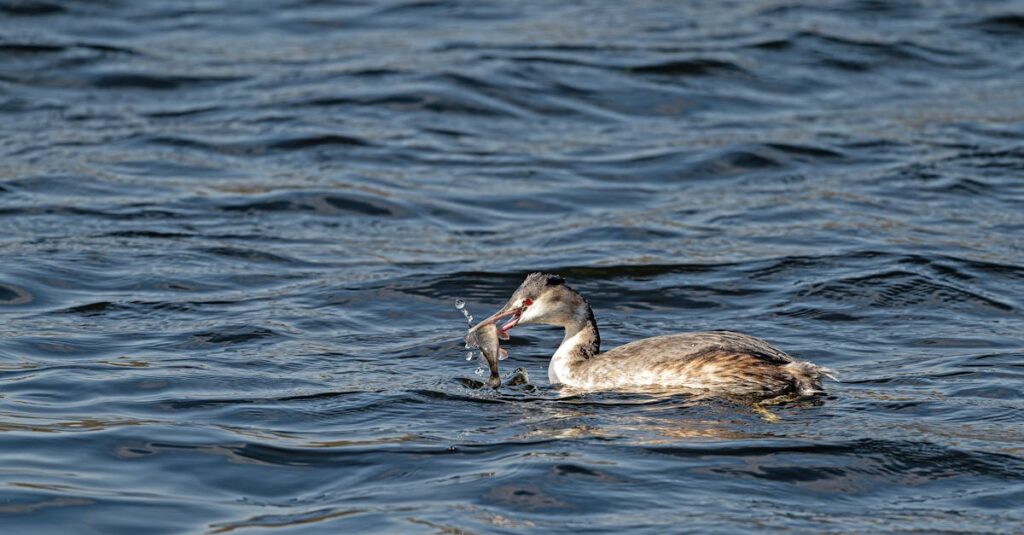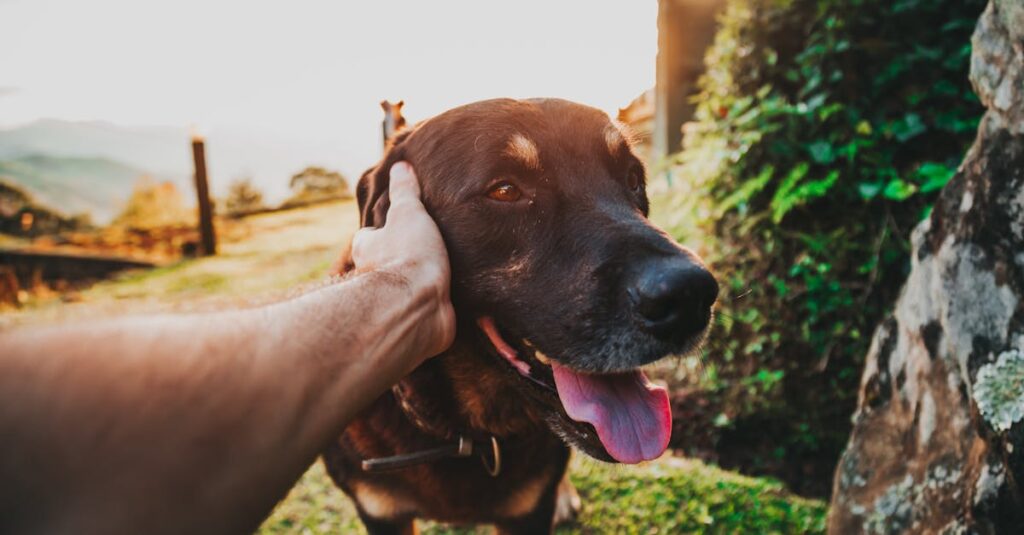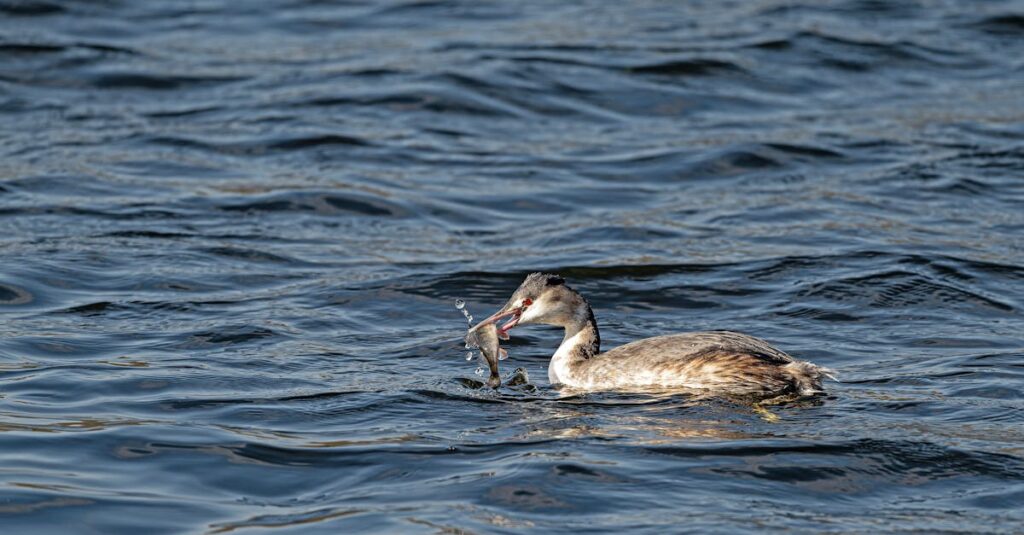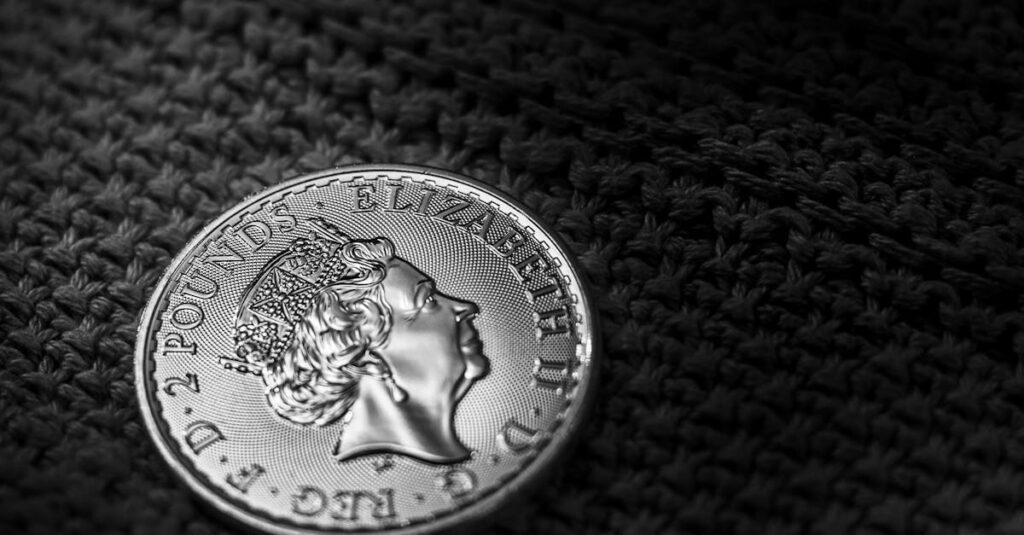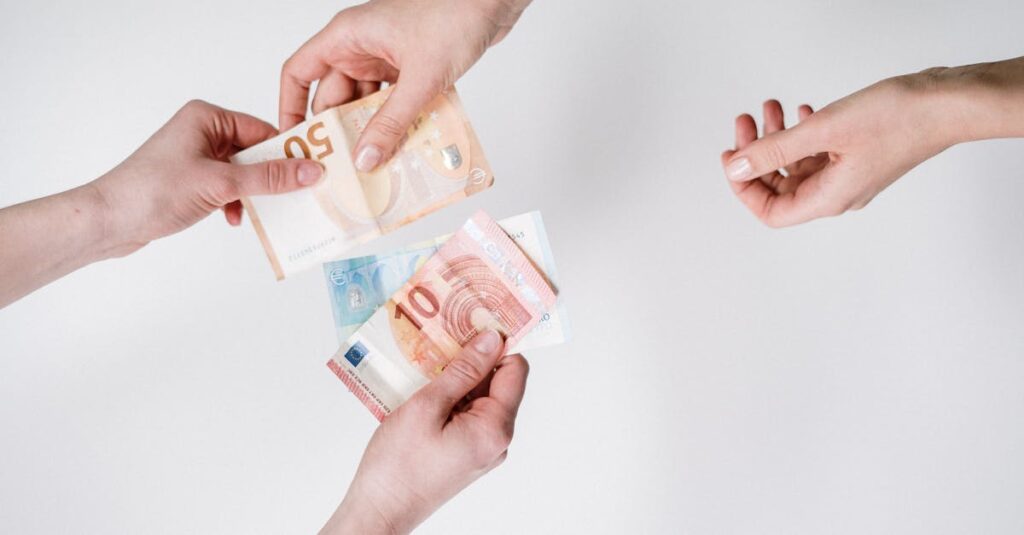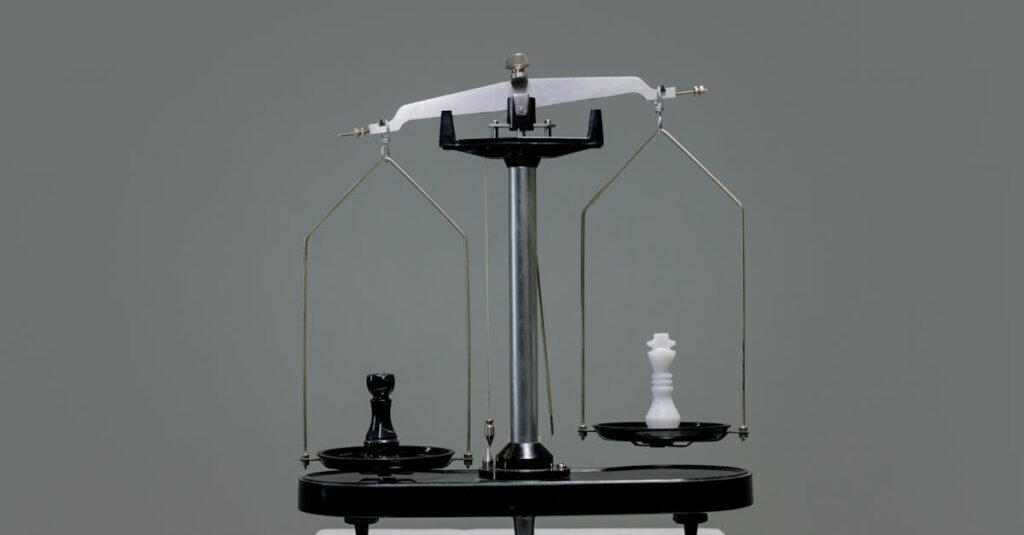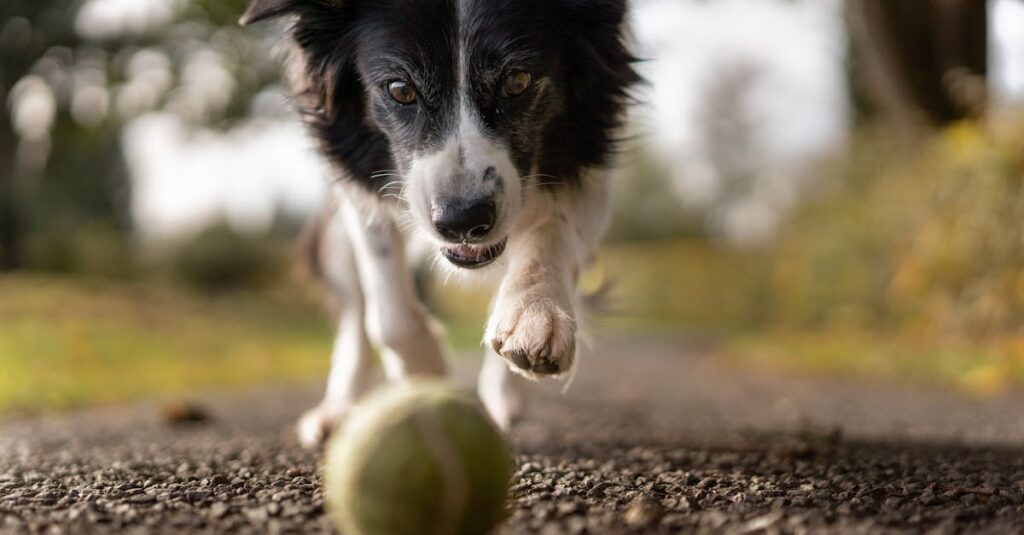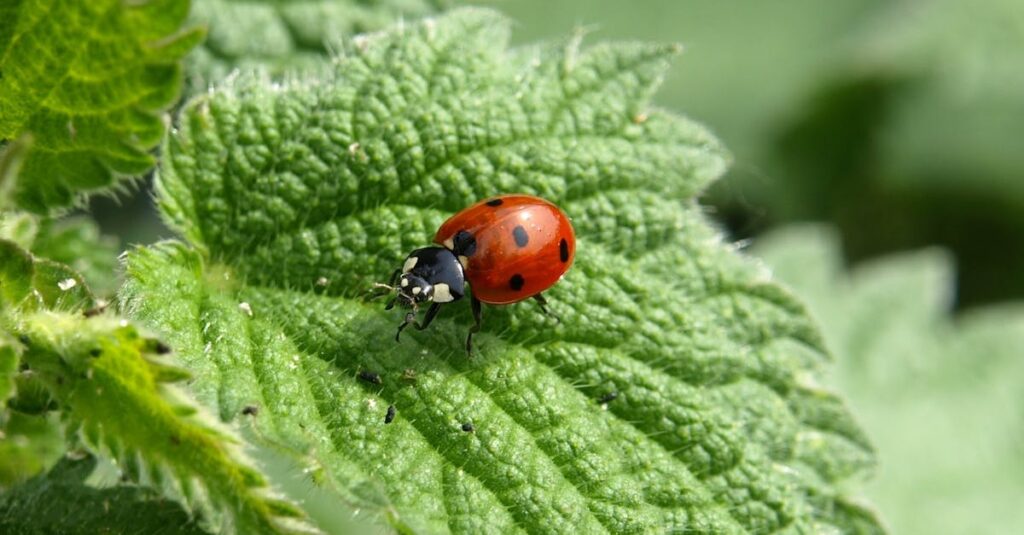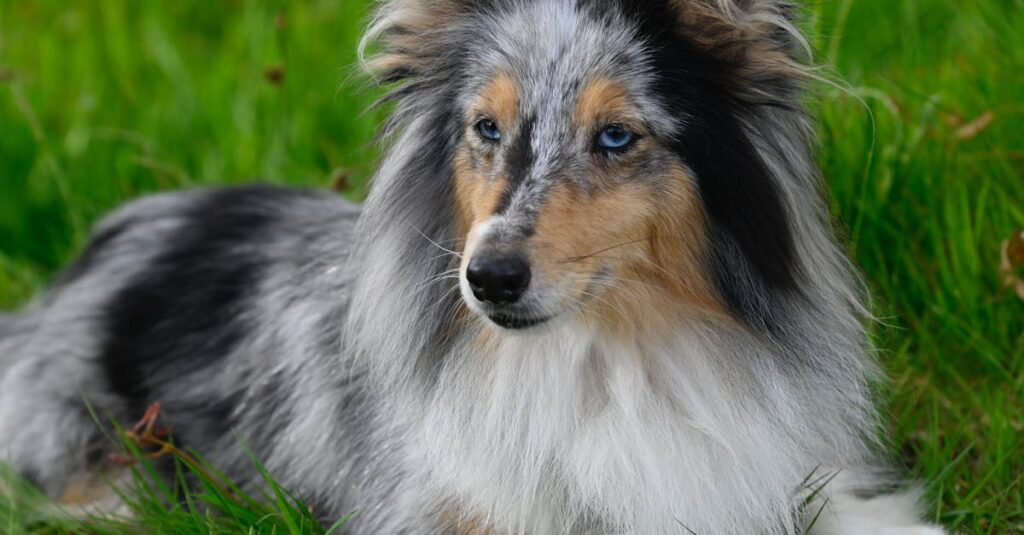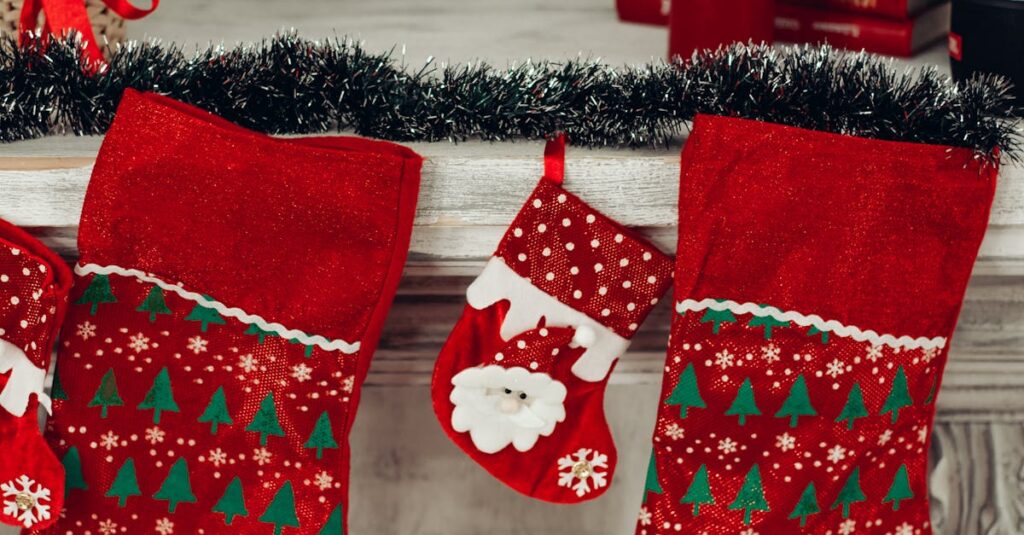Helping a Great Dane gain weight can feel like solving a puzzle. When your gentle giant stays underweight despite normal eating habits, it raises concerns not just about appearance, but overall health. Leaving this unchecked might lead to weakness, lowered immunity, and a diminished quality of life. Yet, with the right approach—a tailored high-calorie diet, frequent feeding schedules, and proper exercise—you can guide your Great Dane to a healthier, fuller physique. Let’s explore how to make your Great Dane gain weight safely and effectively, unlocking the secrets to fueling their majestic size!
Implementing a High-Calorie Diet for Your Underweight Great Dane 🥩🍖
One of the most effective pillars for helping your Great Dane gain weight is supplying a diet rich in calories, protein, and healthy fats. These elements support muscle growth and energy requirements for such a large and active breed.
- 🔹 Choose breed-specific formulas: Look for dog food designed for large breeds with high fat and protein content, like Purina Pro Plan, Blue Buffalo, and Royal Canin.
- 🔹 Incorporate healthy oils: Adding coconut oil or salmon oil to meals can boost caloric intake and aid coat health.
- 🔹 Consider nutrient-dense treats: Select treats from brands like Pedigree or Merrick that balance calories with quality ingredients.
When I first started to adjust my Dane’s diet, I noticed that switching to a high-quality formula like Hill’s Science Diet tailored for large breeds increased his energy and helped steady weight gain within weeks.
| Brand | Protein Content (%) | Fat Content (%) | Suggested Serving Frequency |
|---|---|---|---|
| Purina Pro Plan | 26 | 16 | 3-4 times daily |
| Blue Buffalo | 24 | 18 | 3 meals daily |
| Royal Canin | 28 | 15 | 3 meals daily |
Breaking Meals Into Frequent, Manageable Portions 🍽️🐾
Feeding your Great Dane two large meals daily might feel standard, but dividing the daily ration into smaller, frequent servings allows for improved digestion and more calorie absorption, especially if your dog has a sensitive stomach or fast metabolism.
- 🍴 Feed 3-4 smaller portions: This prevents your dog from feeling overly full and encourages consistent intake.
- 🍴 Schedule regular feeding times: Instilling routine enhances appetite regulation.
- 🍴 Use feeding puzzles or slow feeders: These stimulate mental engagement and slow eating to optimize nutrient absorption.
I noticed that after switching to four meals distributed throughout the day, my Great Dane was less reluctant at mealtimes and maintained a steady weight gain pace.
| Meal Frequency | Benefits | Tips |
|---|---|---|
| 2 Large Meals | Convenient but can cause fullness-related refusal | Stick for maintenance, not ideal for weight gain |
| 3-4 Smaller Meals | Improves appetite, calorie intake, digestion | Preferred for weight gain efforts |
Supporting Weight Gain with Supplements and Exercise 💊🏃♂️
A balanced diet paired with appropriate supplements and regular exercise fosters lean muscle development and overall well-being, essential when trying to increase your Great Dane’s mass.
- 💪 Protein and vitamin supplements: Consult a vet for options like omega fatty acids or multivitamins to complement meals (Nutro Ultra is a respected brand to consider).
- 💪 Gentle exercise: Regular short walks and playful interactions help build muscle without onerous strain on joints.
- 💪 Monitor for overexertion: Great Danes are prone to joint issues; balance activity with rest.
In my experience, combining moderate play sessions with diet adjustments helped my Dane develop solid muscle tone without losing his energetic spark. The key is consistency and listening to your dog’s signals.
Consulting Your Veterinarian for Personalized Guidance 🩺🐕
If you notice persistent difficulty in weight gain despite diet and exercise adjustments, a vet check-up is indispensable. Underlying conditions like parasites, thyroid issues, or digestive disorders can hinder weight progress.
- 🩺 Run health screenings: Rule out infection, malabsorption, or metabolic problems.
- 🩺 Develop a tailored weight gain plan: Your vet might recommend prescription diets specialized for weight gain and suggest suitable supplements.
- 🩺 Track weight trends: Regular weigh-ins and body condition checks prevent unhealthy fluctuations.
Take advantage of expert advice and consider resources like this weight gain guide for Great Danes, which offers detailed insights into monitoring and supporting your dog’s health journey.
| Common Health Barriers | Vet’s Recommended Action |
|---|---|
| Parasites | Deworming and medication |
| Thyroid Dysfunction | Hormone therapy and diet adjustment |
| Gastrointestinal Issues | Specialized diets and antibiotics |
Monitoring, Patience, and Consistency: The Cornerstones of Weight Gain 📊⏳
Weight gain in Great Danes doesn’t happen overnight — it requires diligent tracking and gradual, consistent improvements:
- ⏱ Track weekly weight: A steady gain of 1-2% body weight per week is healthy.
- ⏱ Note body condition: Feel ribs; they should be just slightly covered with fat.
- ⏱ Adjust diet as needed: If gains stall, tweak calories or consult your vet again.
- ⏱ Avoid overfeeding: Too rapid weight gain can strain joints and cause obesity.
Through my hands-on experience, I’ve learned that the key to success lies in patience and steadfast care. My Great Dane’s slow but steady transition to a healthier weight enhanced his vitality and happiness.
| Week | Target Weight Gain (%) | Diet or Exercise Adjustment |
|---|---|---|
| 1-2 | 1% | Introduce high-calorie food, increase feeding frequency |
| 3-4 | 2% | Add supplements, continue frequent meals |
| 5+ | Maintain | Begin moderate exercise, monitor progress |
Frequently Asked Questions About Great Dane Weight Gain
How can I tell if my Great Dane is truly underweight?
Run your hands over their ribs and spine. If bones are easily felt with little fat coverage, this indicates underweight status, requiring dietary adjustment.
Can stress affect my Great Dane’s appetite and weight?
Yes, stress or anxiety can suppress appetite and lead to weight loss. Creating a calm, supportive environment can significantly improve eating habits.
Are treats beneficial for weight gain?
High-quality, nutrient-rich treats can supplement calorie intake but avoid overfeeding with low-nutrient snacks. Opt for brands like Canidae or Wellness CORE.
Does age impact weight gain for a Great Dane?
Older Great Danes may experience metabolism slow-down, affecting weight gain. Diet adjustments and exercise become even more crucial as they age.
When should I seek professional help?
If your Great Dane doesn’t gain weight after diet and exercise changes, consult your vet to investigate potential health issues and develop a personalized plan.




